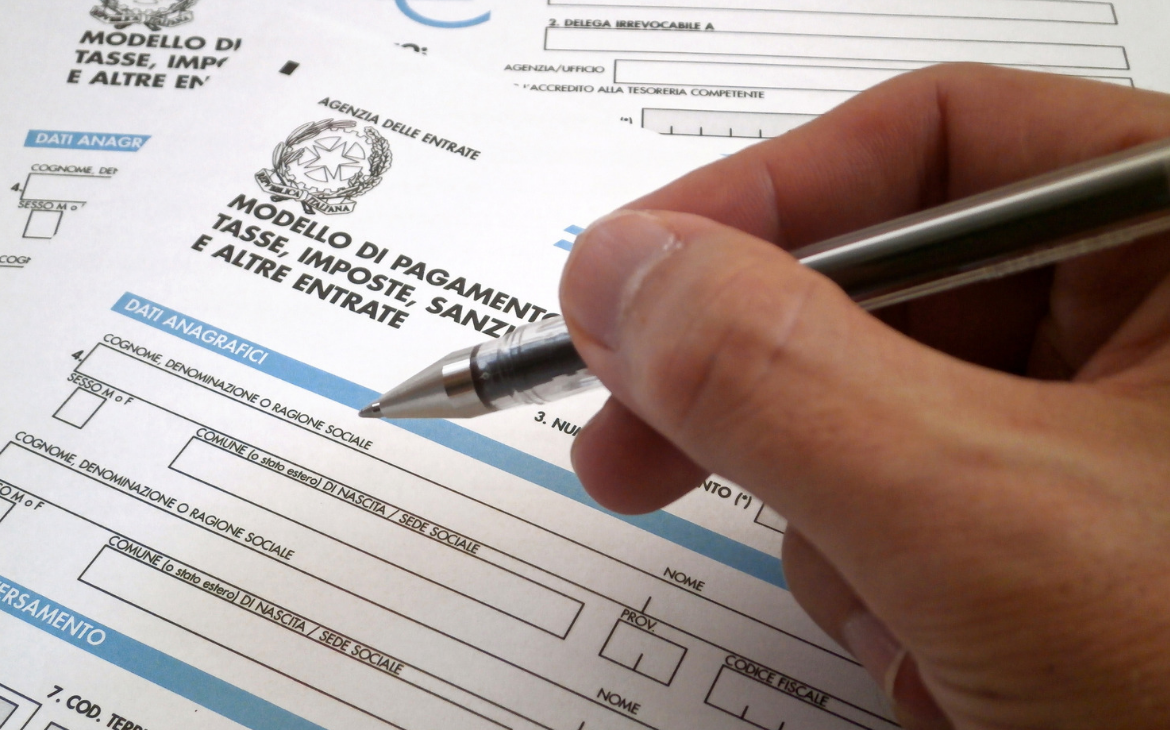The Italian tax year runs from 1st January to 31st December whereas the UK tax year straddles 2 calendar years from 6th April in one calendar year to 5 April of the following calendar year.
For many years pre-Brexit, UK, Isle of Man or Jersey based General Investment Accounts (GIA’s) have historically been the recommended portfolio structure for many Non-UK resident clients with more than £250K because they fit well with the overall functionality and business model of the adviser, bank or investment house who recommended them and they allow the client to have a relatively unconstrained choice of investment instruments.
To meet with compliance and regulatory requirements, detailed transaction statements are issued to clients which itemize every charge and fee as well as all of the portfolio activity which includes sales and purchases of assets as well as dividends.
For portfolios which are set up to provide dividend income, these will often be structured to make effective use of the UK capital gains tax free allowance which has dropped significantly from £12,300 for the 2022/23 UK tax year to £6,000 for the 2023/24 UK tax year and will drop even further to £3,000 for the 2024/2025 UK tax year.
How do they work for an Italian resident.
In a nutshell, Italy is not the UK, any more than Germany is Australia and so whilst a UK or offshore General Investment Account may be a good option for residents in some countries, they do not fit well with the fiscal system in Italy and so are usually expensive and inefficient to maintain.
Not only that, your commercialista will likely need to take a very deep breath when he starts to prepare your Italian tax return.
The commercialista will need to forensically check every sale and purchase for reporting on the Modello Unico (The Italian Tax Return) and then calculate capital gains tax on each sale and dividend across 2 sets of annual statements. The UK capital gains tax free allowance does not apply.
While this may be acceptable and understood for sophisticated, ultra high net worth clients and their advisers, it is very often misunderstood and miscalculated by many British nationals who are resident in Italy and their local tax consultants who are often, quite understandably, unfamiliar with the language and information provided can be prone to make mistakes.
Imagine asking a tax adviser in The English Lake District, The Scottish Highlands or the Welsh Valleys to prepare a UK tax return with Italian investment statements and the challenge that would involve. It really is not any different.
In the same way that UK residents structure their savings to be efficient and compliant with the fiscal system in the UK, becoming Italian resident requires a similar approach.
The good news is that this is usually more simple and considerably less expensive than you might imagine.
Not only will it be possible to significantly reduce your tax bill, in most cases the investment and wrapper charges are no more expensive than those you already use and your commercialista will be delighted to see you when it comes time to prepare your Italian return.
You may even see your fees reduce as a thank you.
To make sure your existing portfolio is structured to be cost effective, tax efficient and compliant with your residence in Italy, please contact us by email to [email protected] to arrange a review.


